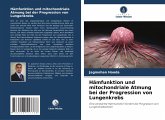
Broschiertes Buch
Eine verstärkte Hämfunktion fördert die Progression von Lungenkrebszellen
16. Januar 2025
Verlag Unser Wissen
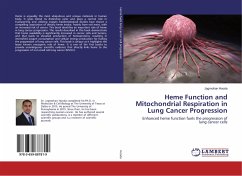
Broschiertes Buch
Enhanced heme function fuels the progression of lung cancer cells
27. Juni 2016
LAP Lambert Academic Publishing
Broschiertes Buch
L'aumento della funzione eme alimenta la progressione delle cellule del cancro al polmone
16. Januar 2025
Edizioni Sapienza
Broschiertes Buch
O aumento da função do heme alimenta a progressão das células do cancro do pulmão
16. Januar 2025
Edições Nosso Conhecimento
Broschiertes Buch
L'amélioration de la fonction de l'hème alimente la progression des cellules cancéreuses du poumon.
16. Januar 2025
Editions Notre Savoir
Broschiertes Buch
El aumento de la función del hemo favorece la progresión de las células del cáncer de pulmón
16. Januar 2025
Ediciones Nuestro Conocimiento
Ähnliche Artikel
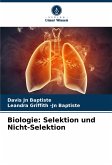
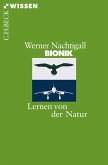
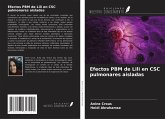
Broschiertes Buch
3. Juni 2024
Ediciones Nuestro Conocimiento

Broschiertes Buch
Y modelización in silico del perfil cinético
15. Juni 2024
Ediciones Nuestro Conocimiento

Broschiertes Buch
5. Januar 2025
Ediciones Nuestro Conocimiento

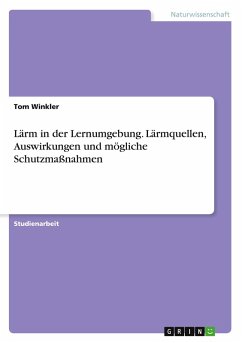
Broschiertes Buch
24. Mai 2016
GRIN Verlag
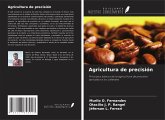
Broschiertes Buch
Principios básicos de la agricultura de precisión aplicados a los cafetales
12. Juni 2024
Ediciones Nuestro Conocimiento
Ähnlichkeitssuche: Fact®Finder von OMIKRON
